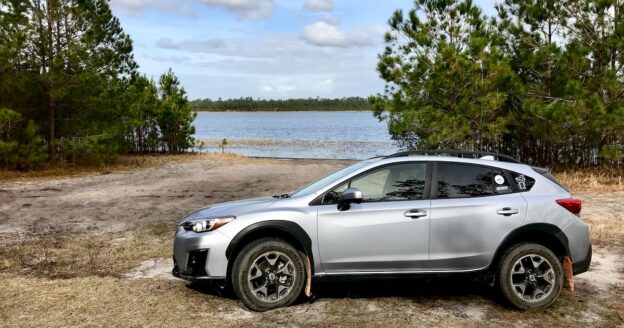If you’re in the market for a used car, you may have come across repossessed vehicles as an option. Repossessed cars are vehicles that have been taken back by a financial institution or lender because the previous owner failed to make the loan payments. While these cars can offer potential cost savings, it’s important to weigh the pros and cons before making a decision.
Let’s explore the advantages and disadvantages of buying a repossessed car so that you can make an informed decision.
Pros of Buying a Repossessed Car
Cost Savings
One of the main advantages of purchasing a repossessed car is the potential for significant cost savings. Financial institutions are motivated to sell these vehicles quickly to recover their losses, which means you could end up paying a fraction of the price of a new car. If you’re on a tight budget or looking for a good deal, a repossessed car could be a cost-effective option.
Variety and Availability
Repossessed cars come from various makes, models and years, offering a wide selection to choose from. Since financial institutions are not concerned with a specific brand or model, you may find a broader range of options available. For example, on RepoFinder.com, you can find sedans, SUVs, pickup trucks, ATVs, motorcycles and more. This increased variety can improve your chances of finding a vehicle that meets your needs.
Well-Maintained Condition
In many cases, repossessed cars are relatively new and have been maintained by their previous owners. People who default on their car loans often face repossession due to financial circumstances, rather than neglect or abuse of the vehicle. While you may come across some fixer uppers, you will also find cars in good condition with lower mileage.
Cons of Buying a Repossessed Car
Limited Warranty or Guarantee
Unlike buying from a dealer, repossessed cars often come without a warranty or guarantee. Once you purchase a repossessed car, you assume full responsibility for any repairs or maintenance it may require. Fortunately, you can offset many of these costs with a lower purchase price. We also recommend thoroughly inspecting the vehicle before signing anything.
Limited Information and History
When buying a repossessed car, you may have limited access to its complete maintenance history or accident records. Financial institutions typically sell these cars “as is,” without providing detailed information about previous maintenance or damages. The good news is that you can learn a lot about a car’s history by pulling up their vehicle history report.
Additional Paperwork and Processes
Buying a repossessed car often involves additional paperwork and processes compared to purchasing from a private seller or dealer. You may need to deal directly with the financial institution or participate in a public auction. These extra steps can be time-consuming, but again, it’s often worth it. For instance, banks are highly motivated and often willing to negotiate a lower price.
Shop for Repo Cars Today
Buying a repossessed car can offer potential cost savings and a wide selection of vehicles to choose from. However, it’s important to look at the whole picture – advantages, disadvantages, etc. – before making a decision. To help make the search for repo cars easier, RepoFinder has a full list of banks and financial institutions that are selling repo inventory. Just click on your state and start your search! It’s quick, easy and free!


